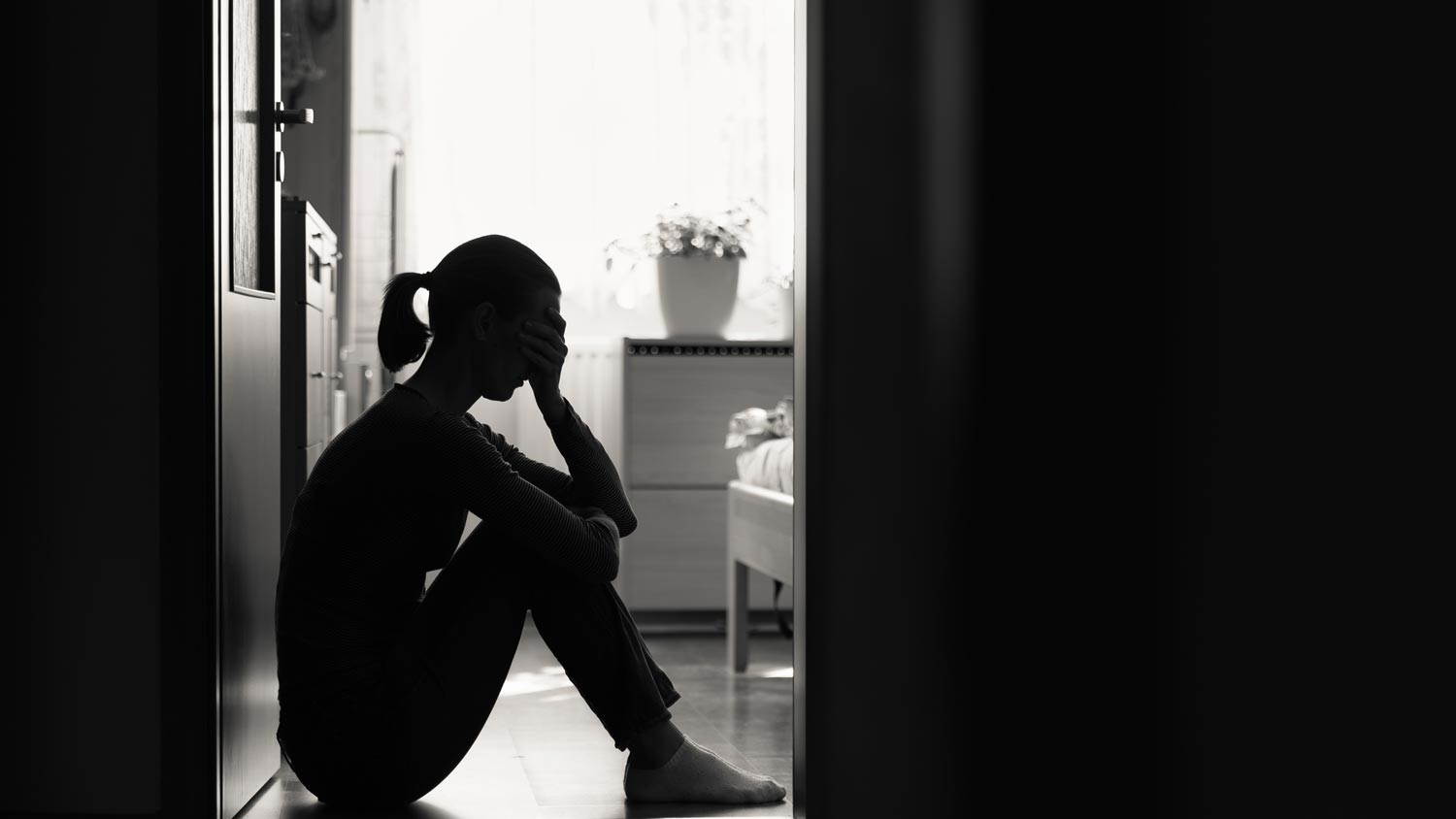Depression isn’t as obvious as walking around with a rain cloud above your head, but there are some patterns that can signal you may be living with depression.
Symptoms of depression vary and there are even different types of depression. This common mental health disorder impacts an estimated 5% of the adult population in the world.
Here are some of the common habits of people living with depression that you can look out for in yourself and others. If you notice these symptoms consistently in yourself, consider talking to a mental health professional about what you may be going through.
Consistent Exhaustion
Someone with depression may feel exhausted which can lead to avoiding social interactions that further exhaust them. This could also stem from a loss of interest in hobbies or activities they once enjoyed. People with depression often feel low self-worth, which can also lead to isolation.
Wrestling with a Lack of Motivation
Depression can zap motivation and interest, even for the activities someone once loved. People with depression may spend all day in bed and be unable to perform daily tasks like cooking and bathing. Negative thoughts about oneself and the future can take a toll on motivation. This lack of motivation can lead to procrastination because simple tasks become extremely daunting.
Seeking Distractions to Avoid Dark Thoughts
People living with depression may consume lots of media, like TV shows or social media, to avoid their thoughts. People with depression tend to feel hopeless about the future and may have thoughts of suicide. To drown out these thoughts, they may seek distractions.
Abnormal sleeping patterns
Both insomnia and excessive sleeping can be habits of people with depression. For people with severe depression, sleeping can be a way to escape from their thoughts and feelings. Since depression is physically and emotionally exhausting, sleep can provide a break. On the other hand, overwhelming feelings of guilt, worthlessness, and hopelessness can keep people with depression tossing and turning during the night.
Poor Eating Habits
Making a meal and doing other necessary daily tasks can feel impossible when depressed. Some people with depression will then have poor eating habits, whether they just don’t eat or just reach for what’s convenient and accessible, which doesn’t help their depression. Processed foods, sugary snacks, and alcohol can increase rates of depression.
At Valley Oaks Health, our experts have the knowledge to help you address depression and how it impacts your life. Receiving specialized care through therapy can help. If you’re noticing these habits and trends in yourself or someone close to you, reach out to us for guidance, we are ready to help.






